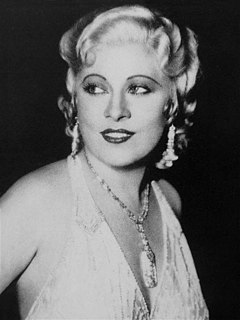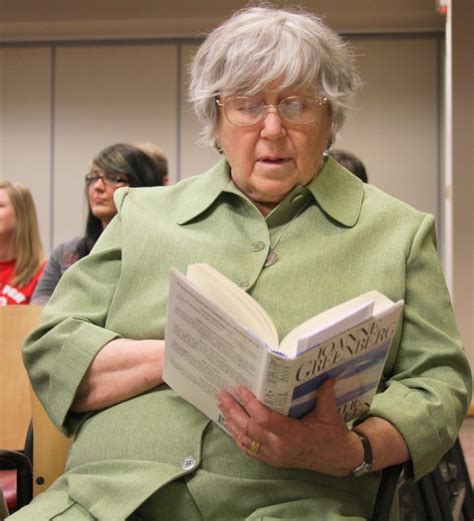A Quote by Fanny Burney
Misery is a guest that we are glad to part with, however certain of her speedy return.
Related Quotes
We get caught. How? Not by what we give but by what we expect. We get misery in return for our love: not from the fact that we love but from the fact that we want love in return. There is no misery where there is no want. Desire, want, is the father of all misery. Desires are bound by the laws of success and failure. Desires must bring misery.
I. At Tea THE kettle descants in a cosy drone, And the young wife looks in her husband's face, And then in her guest's, and shows in her own Her sense that she fills an envied place; And the visiting lady is all abloom, And says there was never so sweet a room. And the happy young housewife does not know That the woman beside her was his first choice, Till the fates ordained it could not be so.... Betraying nothing in look or voice The guest sits smiling and sips her tea, And he throws her a stray glance yearningly.
Now what is a guest? A thing of a day! A person who disturbs your routine and interferes with important concerns. Why should any one be grateful for company? Why should time and money be lavished on visitors? They come. You overwork yourself. They go. You are glad of it. You return the visit, because it's the only way to have back at them.
When I talk about unrequited love, most of you probably think about romantic love, but there are many other kinds of love that are not adequately returned, if they are returned at all. An angry adolescent may not love her mother back as her mother loves her; an abusive father doesn't return the innocent open love of his young child. But grief is the ultimate unrequieted love. However hard and however long we love someone who has died, they can never love us back. At least that is how it feels.
She had spent all her life in feeling miserable; this misery was her native element; its fluctuations, its varying depths, alone save her the impression of moving and living. What bothers me is that a sense of misery, and nothing else, is not enough to make a permanent soul. My enormous and morose Mademoiselle is all right on earth but impossible in eternity.





































